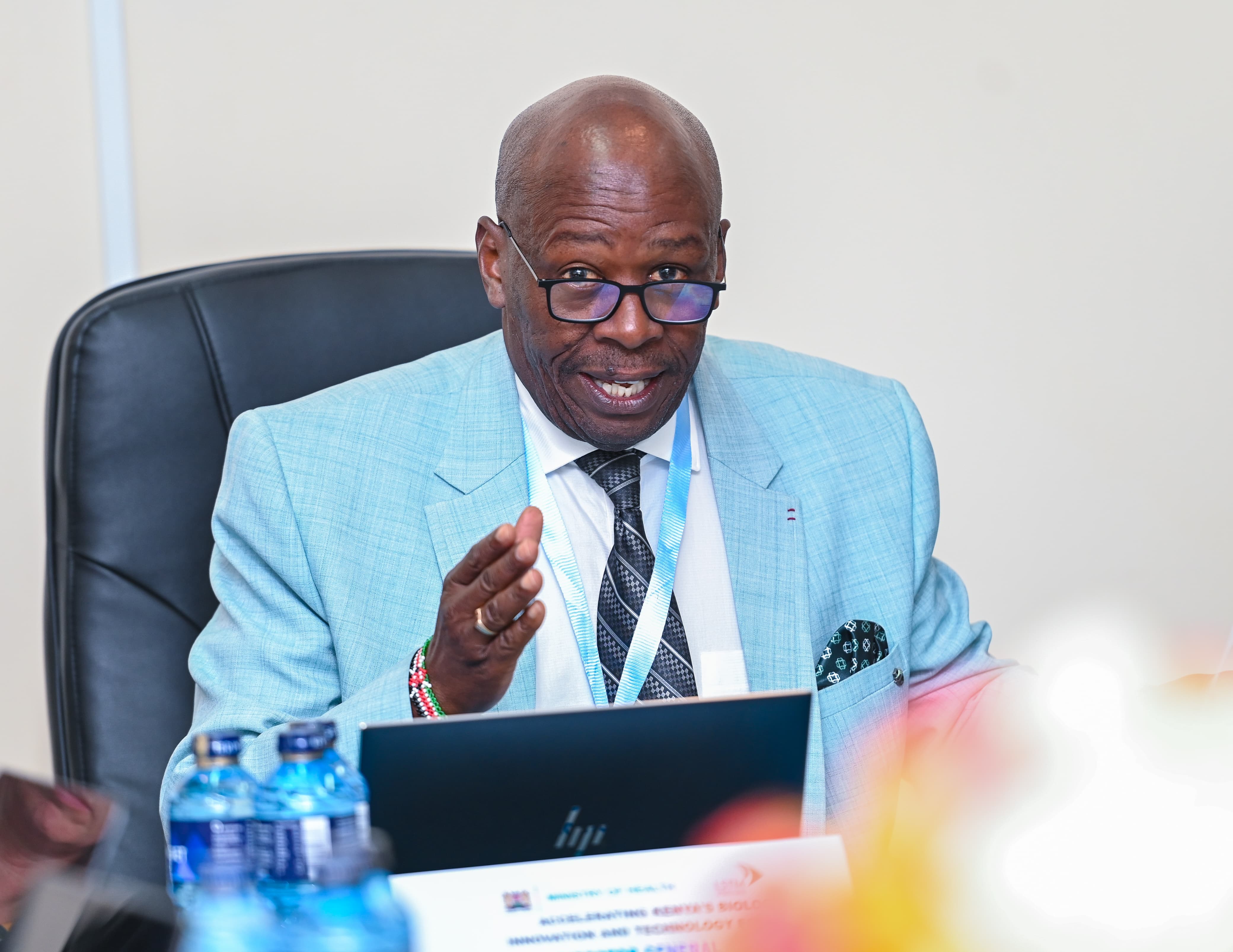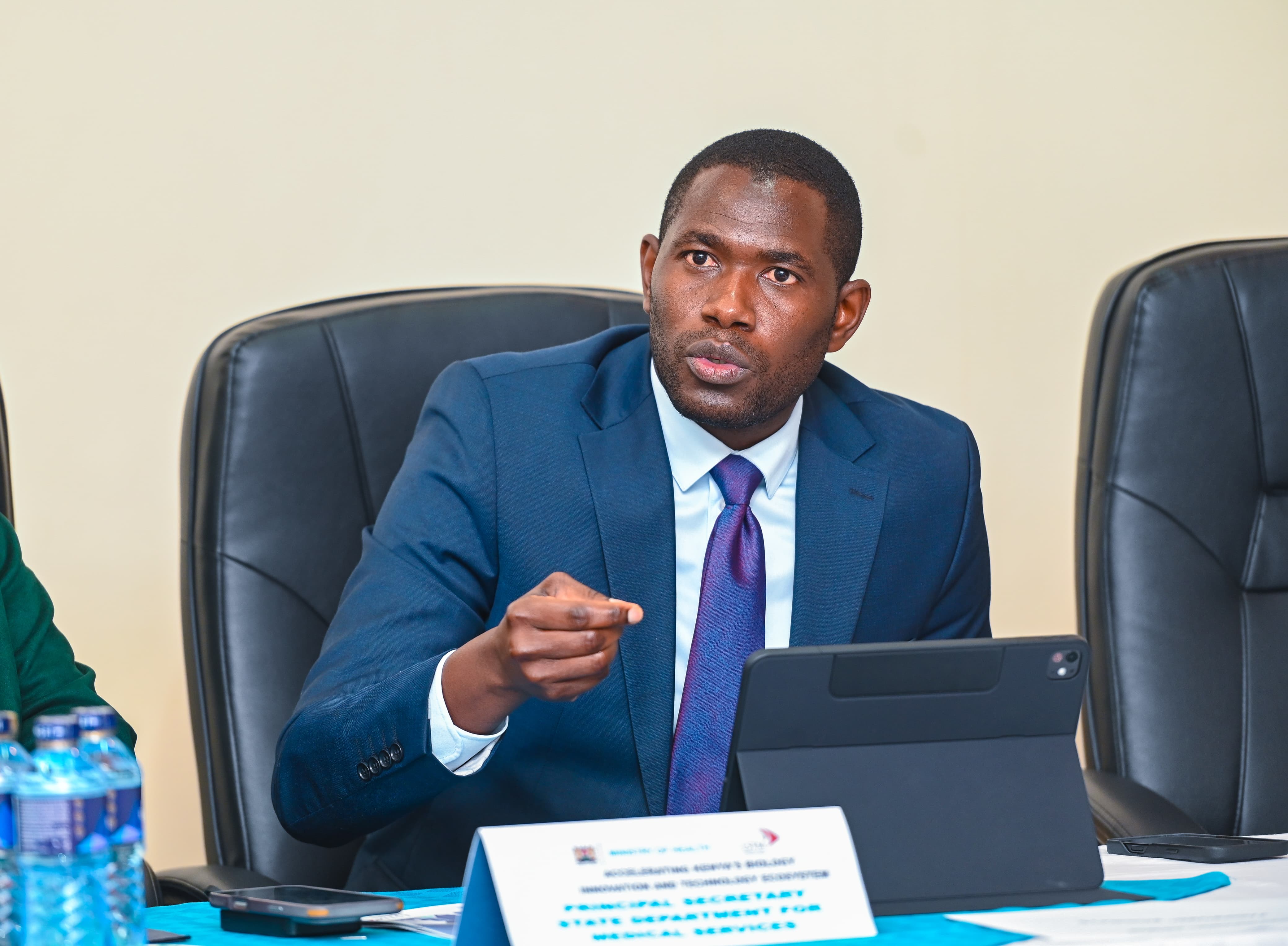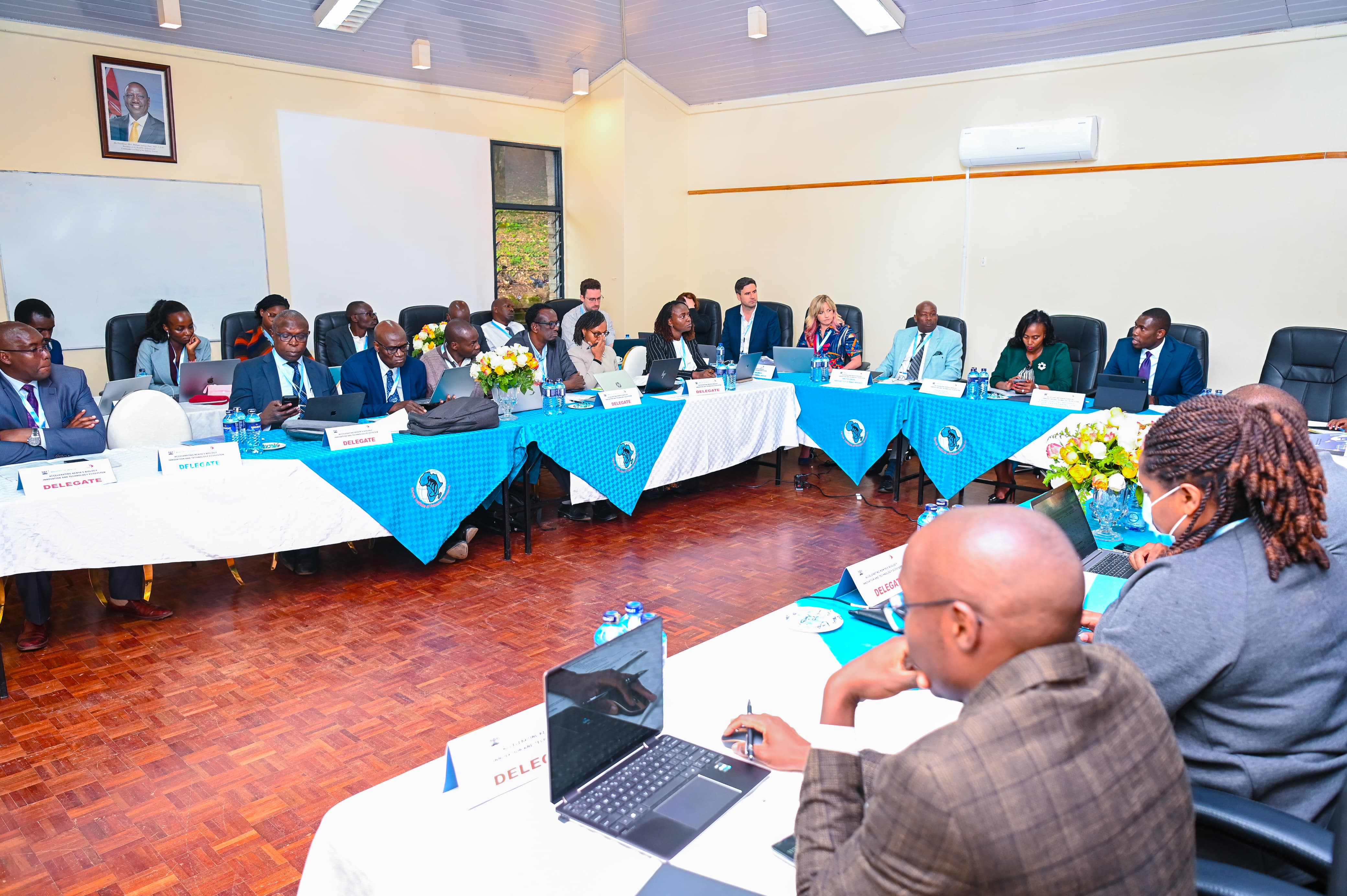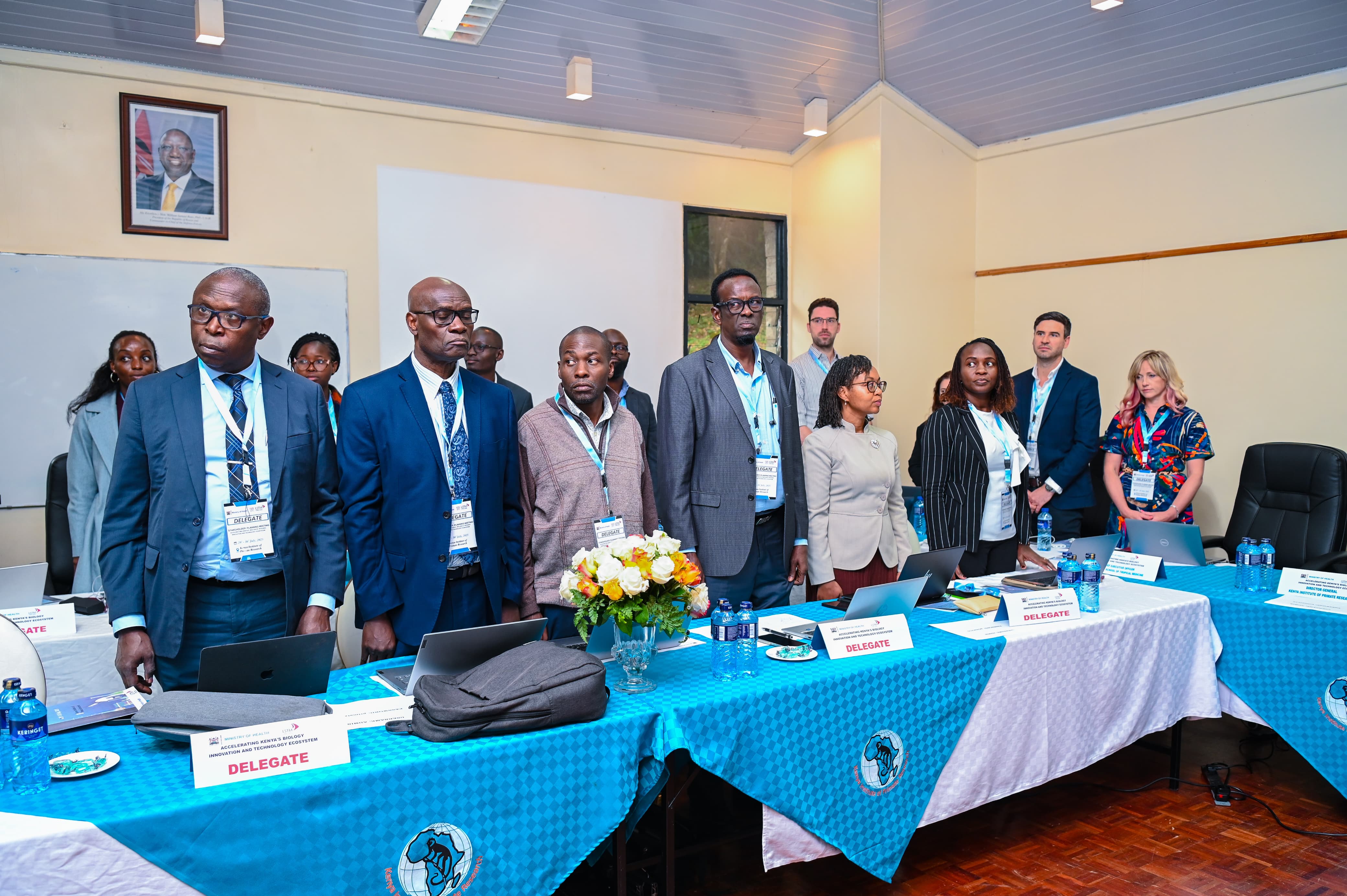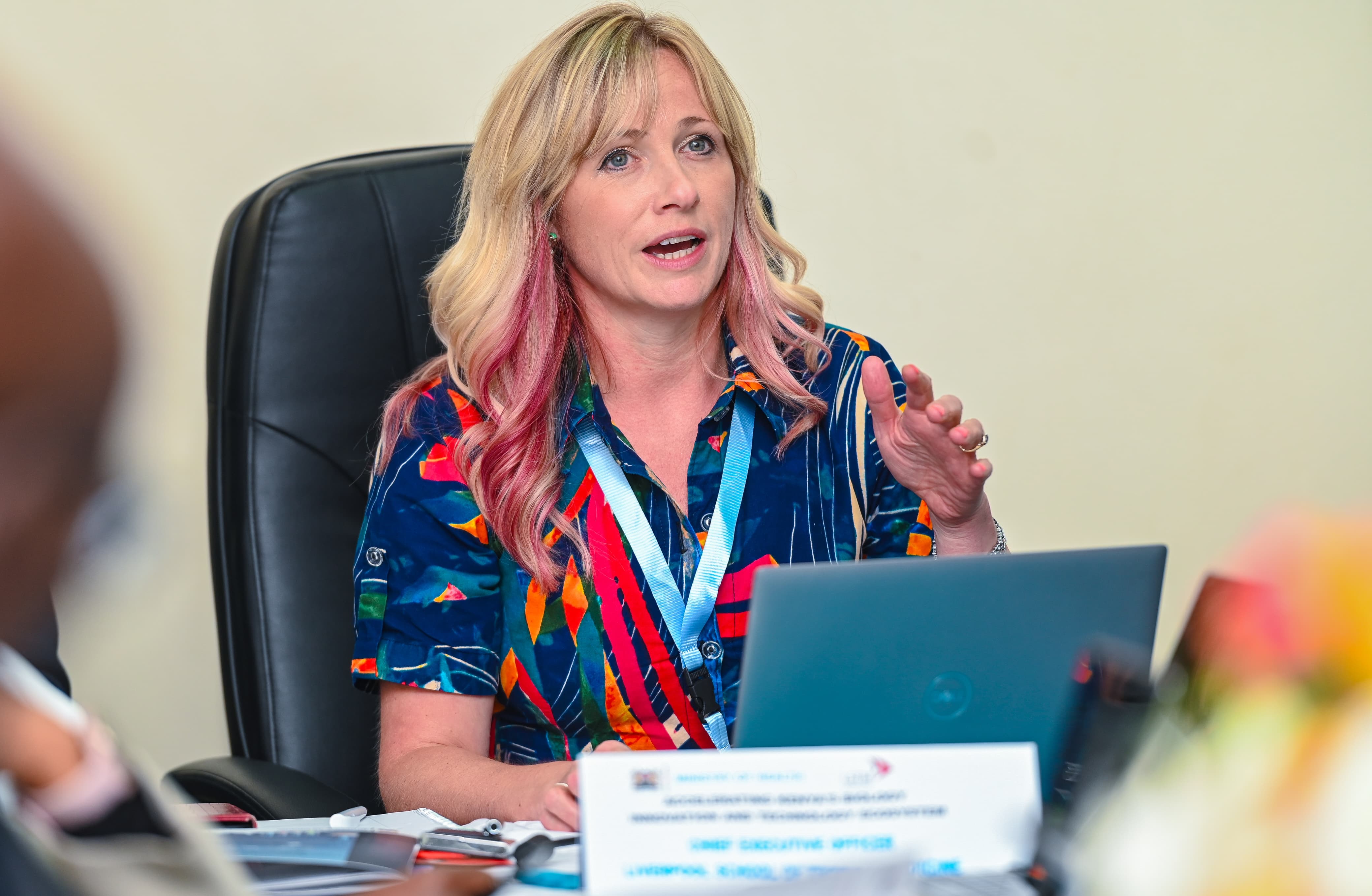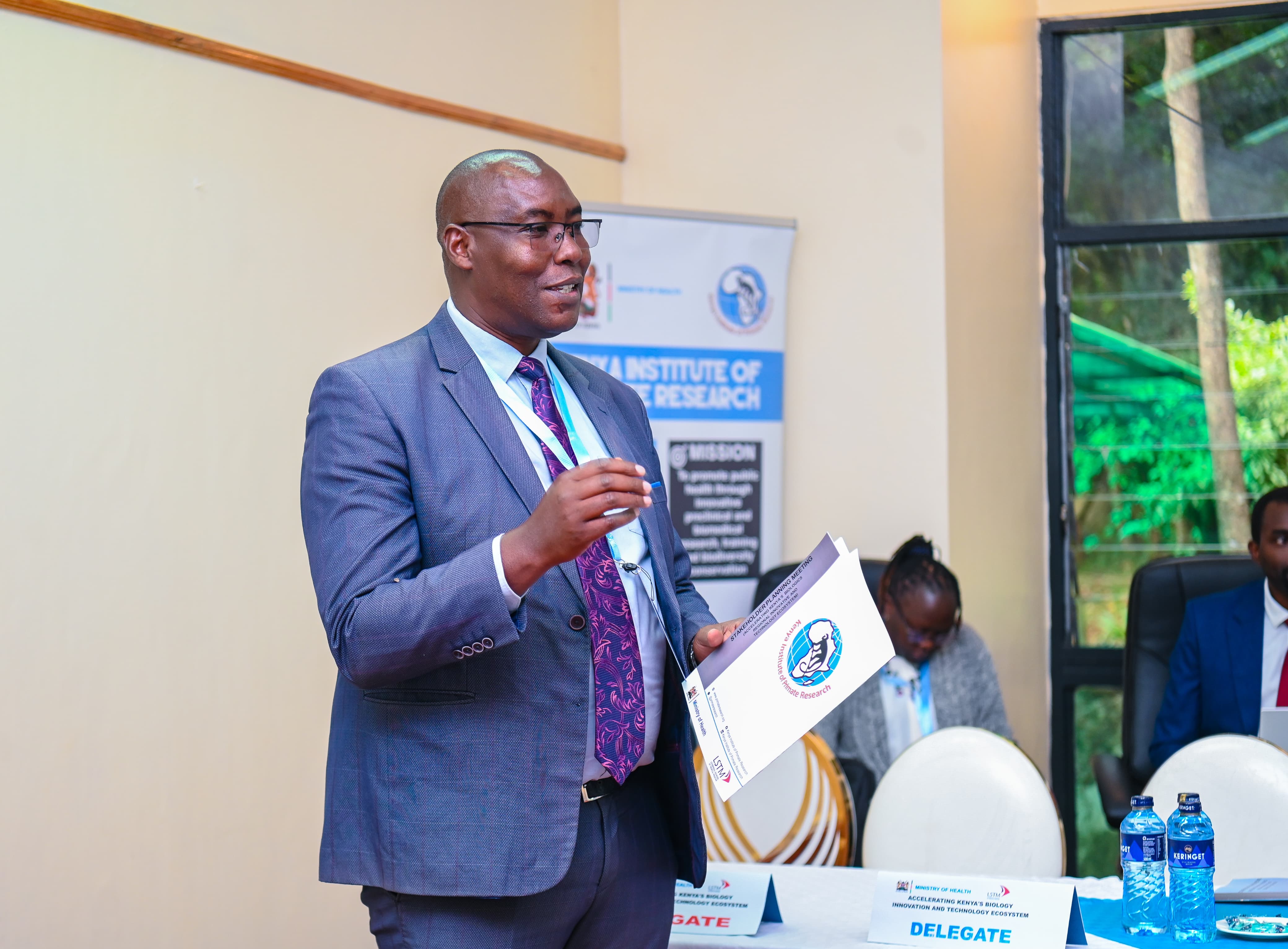Kenya Partners with Liverpool School of Tropical Medicine to Boost Local Production of anti-venoms.
Nairobi , 2025 The Ministry of Health hosted a high-level delegation from the Liverpool School of Tropical Medicine (LSTM) at the Kenya Institute of Primate Research (KIPRE), as part of ongoing efforts to enhance local capacity for the production of life-saving biologics, including antivenoms.
The engagement took place through an initiative known as the Biologic Regional Innovation and Technology Ecosystem (BRITE) Programme, which aims to strengthen Kenya’s biomanufacturing capacity for health products of national and regional importance.
In attendance were the Principal Secretary for Public Health and Professional Standards, Mary Muthoni Muriuki, CBS, and the Principal Secretary for Medical Services, Dr. Ouma Oluga, OGW. The two PSs reaffirmed the government’s commitment to addressing snakebite envenoming—a persistent and often overlooked public health threat in Kenya, especially in arid and semi-arid regions where farmers, pastoralists, and children are most affected.
Key components of the collaboration include mapping venomous snake species in Kenya, assessing the national burden of snakebite envenoming, and conducting feasibility studies to support sustainable local production of antivenoms.
“This initiative is a critical step toward building health self-reliance, strengthening regional resilience, and advancing long-term scientific innovation,” the officials said in a joint statement.
The BRITE Programme is also expected to open doors for wider partnerships in vaccine development, technology transfer, and regulatory alignment, further positioning Kenya as a regional leader in health security and innovation.

